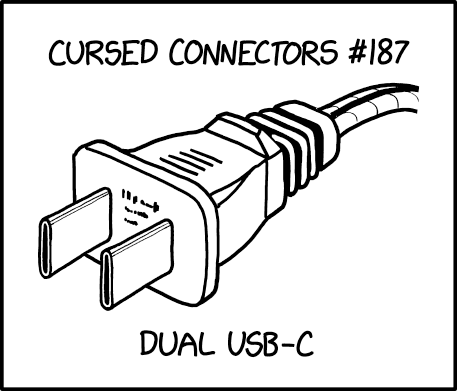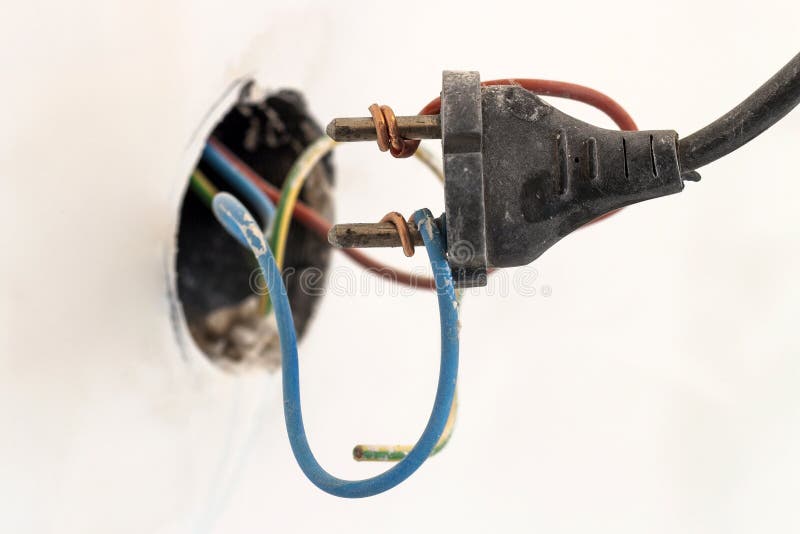JSON-in-a-string is a commonplace method of having a generic or any type when you are too lazy to write a proper structure for it, or want to save an object into a database without creating an additional table. In all fairness it has nothing to do with the language itself, and more with lazy coders. Postgresql even have additional SQL operators to access individual JSON fields inside a record, so yeah, you can dump a whole new unstructured database into a row of your existing database, it’s totally an acceped practice.
pelya
- 2 Posts
- 356 Comments
It’s Javascript with types. You are still using one hundred NPM packages to do the simplest thing. Any string can be JSON. And Node is single-threaded, so if you plan to create some kind of parallel computation, you’d need to run 16 Docker containers of your Node server, one per CPU core, with NGINX or some other load balancer at the business end, and hope that your database engine won’t reorder transactions. And yeah, Docker is mandatory, because Node version in your latest Ubuntu release is already outdated.
TypeScript and safety-critical paths should not be in one sentence.
Randall himself already solved this problem

The only truly universal solution


 13·9 days ago
13·9 days agoEh, Chinese manufacturers are also desperately trying to catch up with AI hype. In any case, we’ll see some new brands on the market, and it’s not a bad thing, and I would not spend my time worrying about giant rich corporations.
My actual worry is that once RAM prices go up, they won’t go down for quite some time. If we get another bubble after AI bubble pops, the prices may not decrease at all.

 3·16 days ago
3·16 days agoThe G is silent
Recursively dumping all data from the server was always a
wgetthing, it will create a nice directory structure for you and will also convert links in webpages to point to your local file system.
CURL got some kind of contract with several embedded hardware manufacturers, at least it’s financially stable.

 8·1 month ago
8·1 month agoWhen an API request fails, the seconds clock handle becomes red, and the time health management microservice sends an alert SMS to your phone once per second (scaled with the number of clients)
Letsencrypt certs are the only certs you will ever need, everything else is corporate posturing.

 13·1 month ago
13·1 month agoSeconds hand does not show seconds.

 6·2 months ago
6·2 months agoMy advice is to go to https://gsmarena.com/ and find a phone with 4nm octa-core chipset for $400. Who needs those four cameras, you’ll probably use those fisheye lens maybe three times in your phone’s lifetime. It’s better to buy a phone with some useful gimmick like 6000 mAh battery and have 1.5 day life on a single charge.

 43·2 months ago
43·2 months agoConsidering that most techbro startups are going to be dead within a year, I’d say AI wins.
Plus most of the competent programmers already have high resistance for technobabble bullshit, and will simply refuse to work on something like an online contacts app (are you copying a Facebook or what?)

 19·2 months ago
19·2 months agoThe future is here! And it costs $10-$50 per 1000 HTTP requests.

 11·2 months ago
11·2 months agoNah, it must be a PC, with broken audio socket on the motherboard, PCI soundcard with no drivers as a replacement, an IDE CD drive, only SATA sockets on the motherboard, and a stack of CDs with hundreds of DOS games on each. Plus $10 to buy an IDE-to-SATA adapter.

 10·3 months ago
10·3 months agoThey already have it, just not an IDE.
I believe most of Arduino libraries are open-source, so they can simply fork it.





As for languages that are acceptable for business logic, C++ is lolno, Java is kinda surprisingly okay because so much business logic is already written in it and debugging is trivial, Python is not worse than Java for the same reason when you are using proper linter to catch typos, C# / Go / Ruby are probably the best because they are most modern with the lowest footgun ratio.